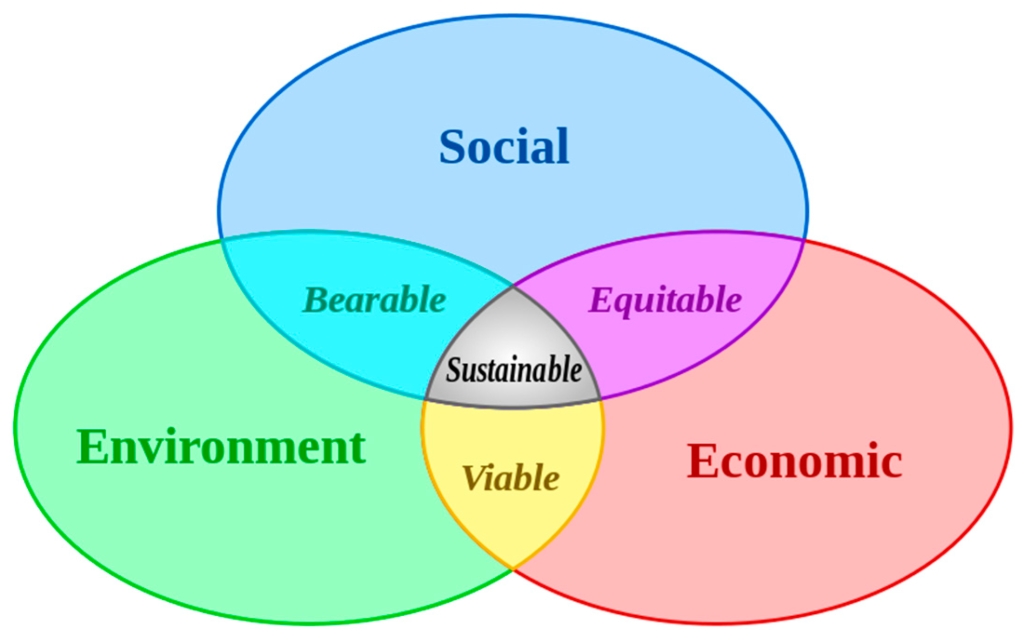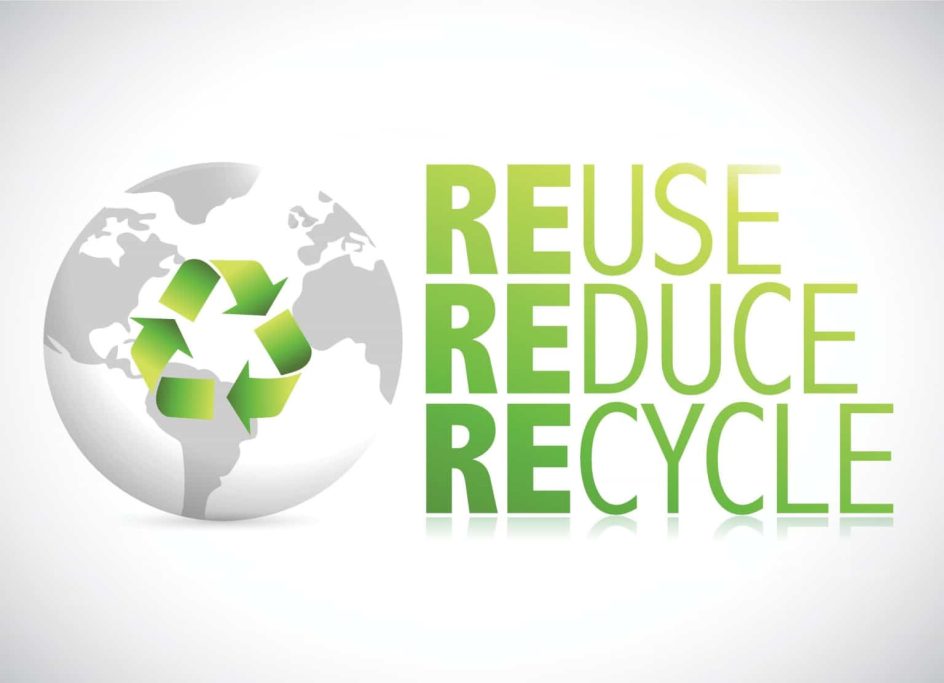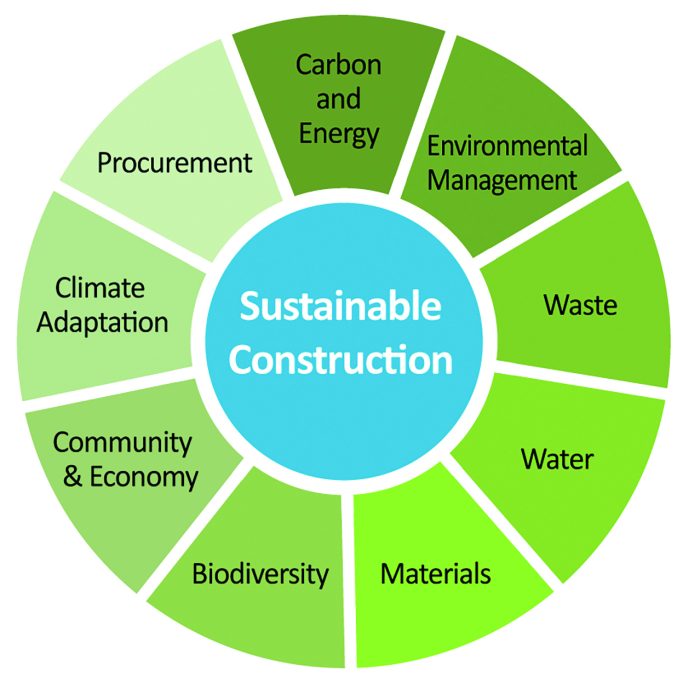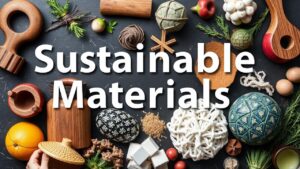Introduction
The rapid urban development witnessed across global cities has given rise to a challenging issue: managing the overwhelming amount of waste produced daily. With the quantity of waste doubling in some cities, the need for sustainable waste management strategies has never been more vital. From municipal solid waste to hazardous waste, the issue demands an immediate response. This guide explores the most effective waste management solutions to build cleaner and more efficient urban communities.

1. Reduce, Reuse, Recycle: The Three R’s
A. Reduce Waste Production
Reducing the amount of waste generated should be the primary focus. By minimizing waste production through smart choices and proper planning, cities can alleviate the strain on landfills.

B. Reuse Materials
Encouraging the use of reusable products and finding innovative ways to reuse waste materials can significantly reduce the waste stream.
C. Recycling
Waste recycling, including solid waste and organic waste recycling, promotes sustainability. Recycling centers can divert a large waste volume and transform recyclable products into new ones.
2. Sustainable Waste Management Technologies
A. Composting and Anaerobic Digestion
Turning food waste and organic waste into compost or energy through anaerobic digestion is a great way to manage waste.
B. Incineration and Waste-to-Energy Plants
Incineration plants play a key role in reducing non-recyclable waste. Transforming waste into a source of energy is an efficient way to manage waste.
C. Integrated Waste Management Systems
Smart cities employ integrated waste management plans. From waste collection and safe disposal to waste recovery, these systems embody the circular economy model.
3. Global Strategies and Success Stories
A. Zero Waste Cities
Cities around the world, especially in the global south, are aiming for zero waste. Strategies like increasing diversion rates and using waste-based resources are leading to significant waste reduction.
B. C40 Cities and Sustainable Urban Planning
Urban planning in C40 cities focuses on sustainable materials management and greenhouse gas emissions control.
C. Innovative Waste Management in Urban Development
From waste infrastructure to the ways of managing waste, innovative waste management strategies are transforming urban communities.
4. Challenges and Future Prospects
A. Handling Special Types of Waste
Medical waste, hazardous waste, and residual waste must be treated with specialized waste operations.
B. Improving Waste Management in the Global South Cities
Efforts must be made to improve waste management in developing regions. Sustainable development goals align with the need for efficient waste solutions.
Conclusion
The waste crisis demands a holistic approach that encompasses waste collection, disposal, recycling, and more. By embracing the strategies for sustainable waste management, urban areas can reduce pollution, manage greenhouse gas emissions, and ensure that the waste is collected and treated effectively.
From household waste management to large waste operations, everyone can play a part. It’s time to revolutionize the way we manage waste and join the global movement towards cleaner and more sustainable cities.




